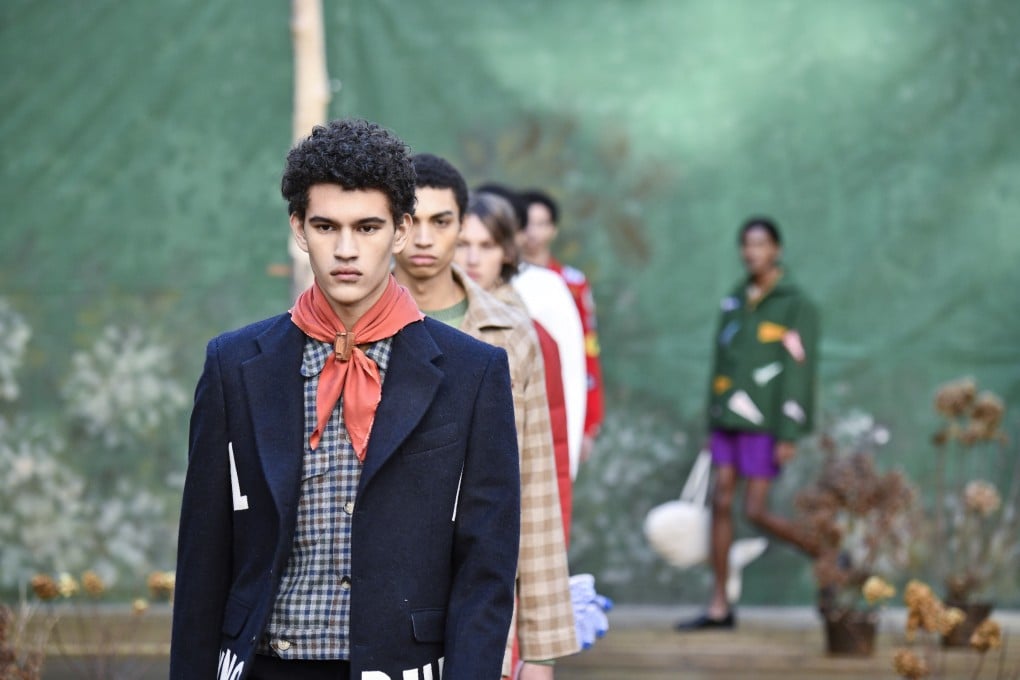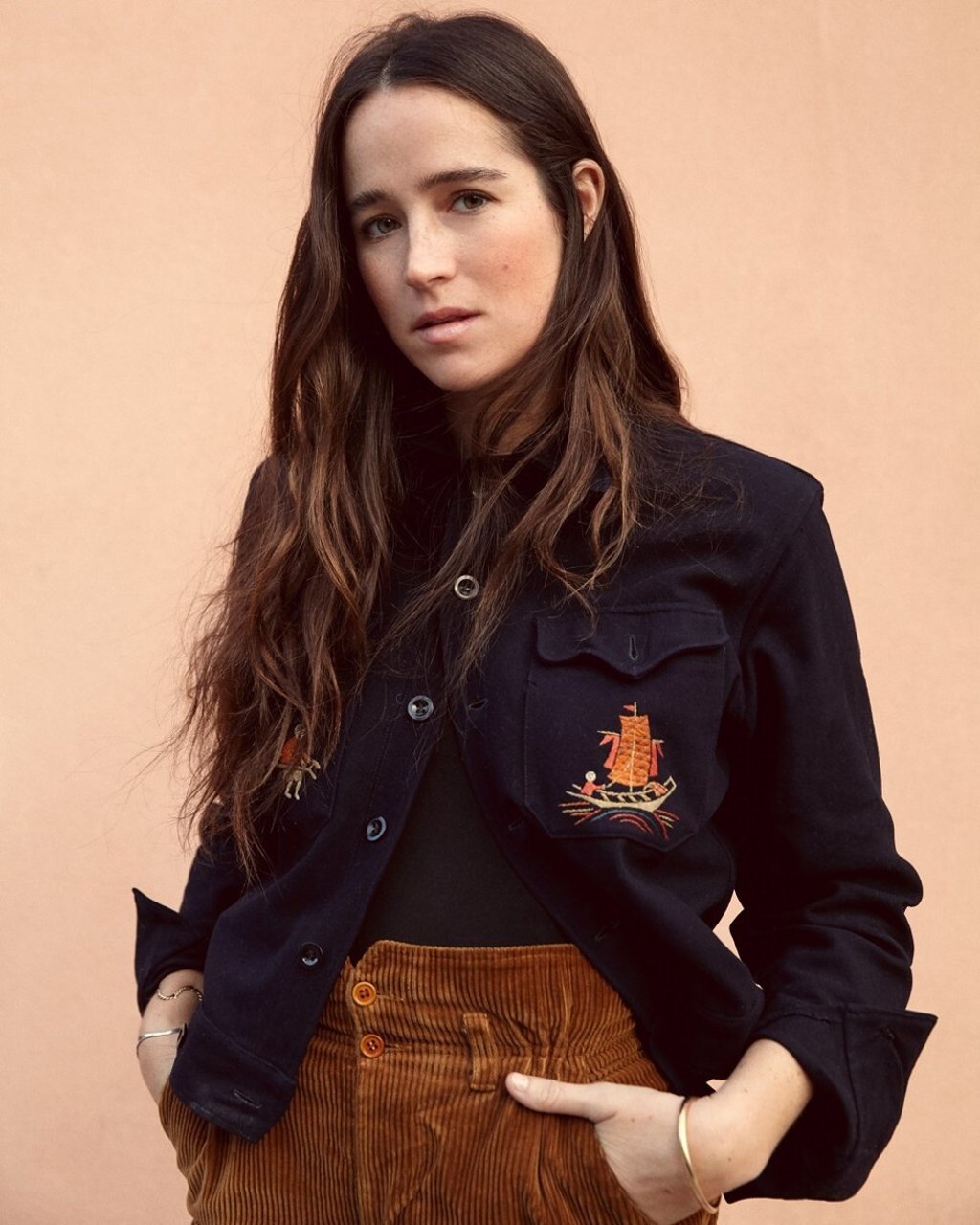Why New York-based menswear label Bode is one to watch, for vintage fabrics from US mills refashioned with a touch of modern nostalgia
- Emily Adams Bode is fascinated with personal stories and history, which is reflected in her modern retro designs
- She was the first winner of the Karl Lagerfeld Award for Innovation awarded by The Woolmark Company

The hype surrounding menswear label Bode went up a notch recently when it was awarded the inaugural Karl Lagerfeld Award for Innovation by The Woolmark Company.
The International Woolmark prize is considered one of the most covetable in the industry – Karl Lagerfeld was one of its earliest recipients in 1954 – and this new prize recognises designers who are pushing the envelope when it comes to originality and innovation.
Bode’s founder, Emily Adams Bode, has proven her worth since she launched her brand in 2016. Fashion today thrives on speed, but Bode’s “slow fashion” approach is the antithesis of this, and features nostalgic yet modern garments created using antique textiles and historical crafting techniques.
Her Woolmark collection, for example, comprises six looks made using dead stock fabric sourced from mills and sustainable merino wool, which she pieced together using handwork techniques including quilting, mending and appliqué. Overcoats and suits are crafted from reclaimed and remade equestrian show blankets, while merino felt jumpers are pieced together like patchwork.
